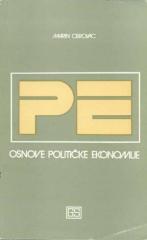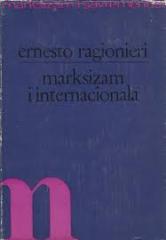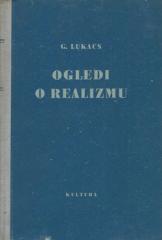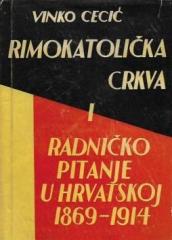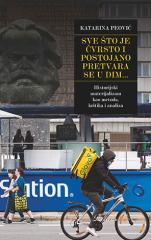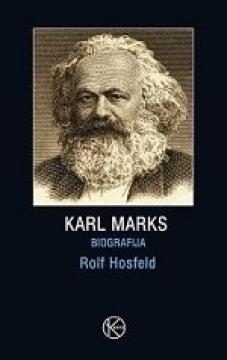
Karl Marks: biografija
In this innovative biography, Rolf Hosfeld opens the door to the turbulent world of Karl Marx – a thinker whose ideas continue to shape our world. Hosfeld is not writing a hagiography, but a subtle story of a man full of contradictions.
This is the story of the son of Rabbi Heinrich Marx and Henrietta Pressburg from liberal Trier, whose childhood unfolds between family warmth and atheistic rebellion, which becomes the seed of unrest that will blossom in exile and famine.
Marx's journey begins in Bonn and Berlin, where the spirit of Hegel permeates the study of law and philosophy, transforming the young intellectual into a rebel against Prussian censorship - in 1842 he edits the "Rhine Gazette", where a critique of the alienation of workers is born, a precursor to the "Economic and Philosophical Manuscripts" from his Parisian exile in 1844, where he meets Friedrich Engels, a faithful ally and financial angel.
The marriage to Jenny von Westphalen brings love, but also suffering: a trip to Brussels, where the "Communist Manifesto" in 1848 ignites the fire of revolution, leads to a brief return to Cologne, and then to exile in London in 1849, where poverty runs deep - his children starve to death, Jenny dances in bread salons, and Marx, obsessed with writing "Capital" (1867), dissects surplus value and crises like a surgeon of the zeitgeist.
Hosfeld masterfully interweaves these moments with Marx's later struggles: the International of 1864 as an attempt to unite the workers, the conflict with Bakunin, anthropological research on Asia and America that broadens his horizons beyond Europe, and the last years of illness and loss - the deaths of Jenny, her son, and Engels - where "The Gothic Program" reveals an unexpected conciliatory nature. But Hosfeld spares no expense: he criticizes Marxism for determinism and traces of anti-Semitism, reminding us that Marx was not a prophet, but a pioneer of emancipation, whose ideas resonate today in the struggles against neoliberalism.
This biography is not just a chronicle, but an invitation to reflect: how genius can be vulnerable, and revolution – as fragile as the human heart. The Ebert-Stiftung Prize in 2010 confirms its depth.
One copy is available
